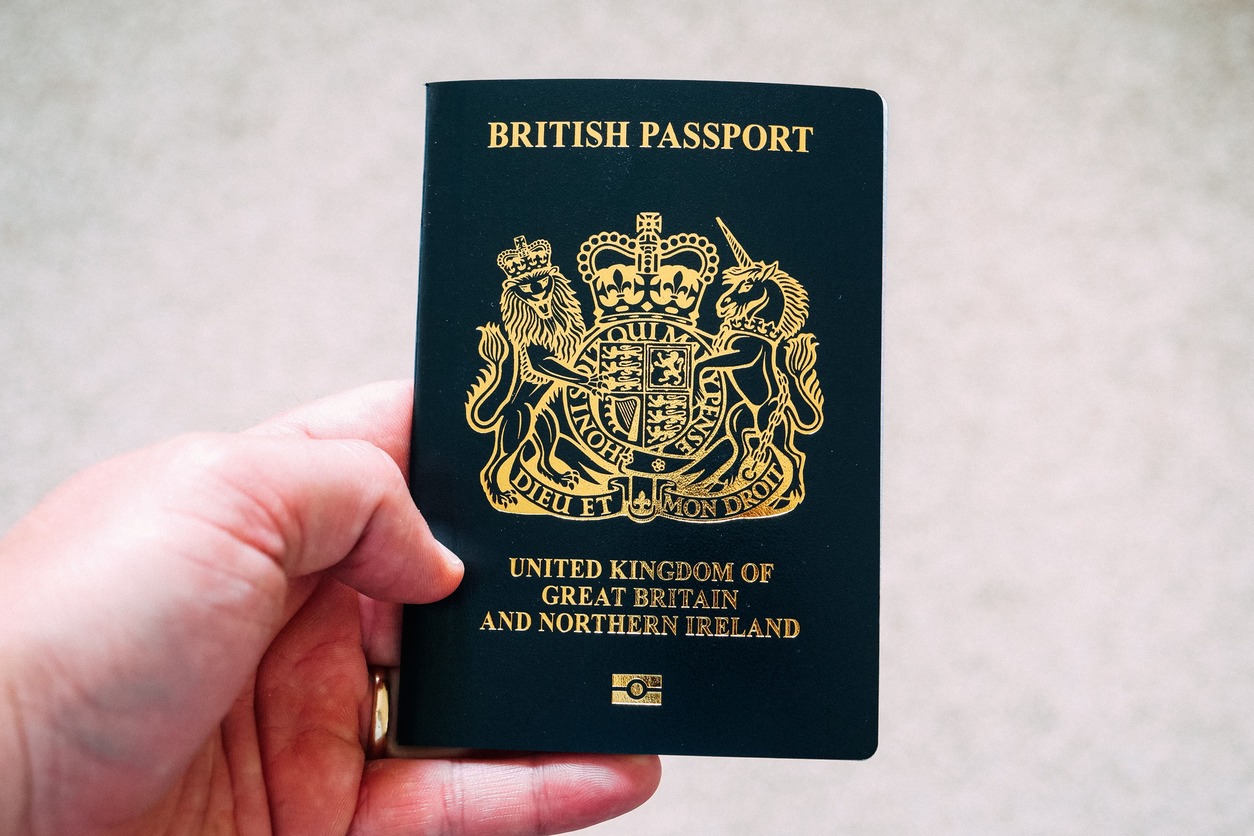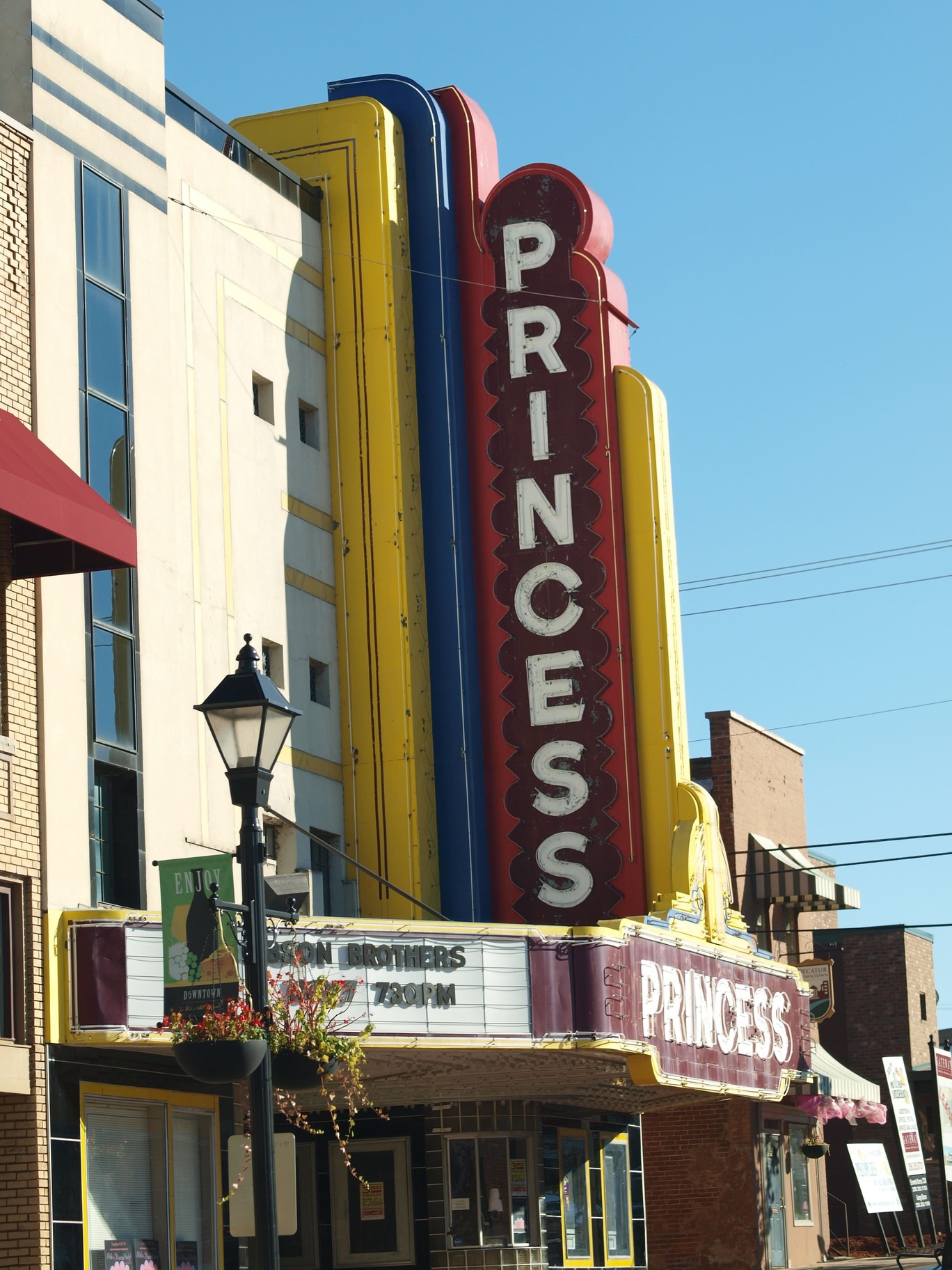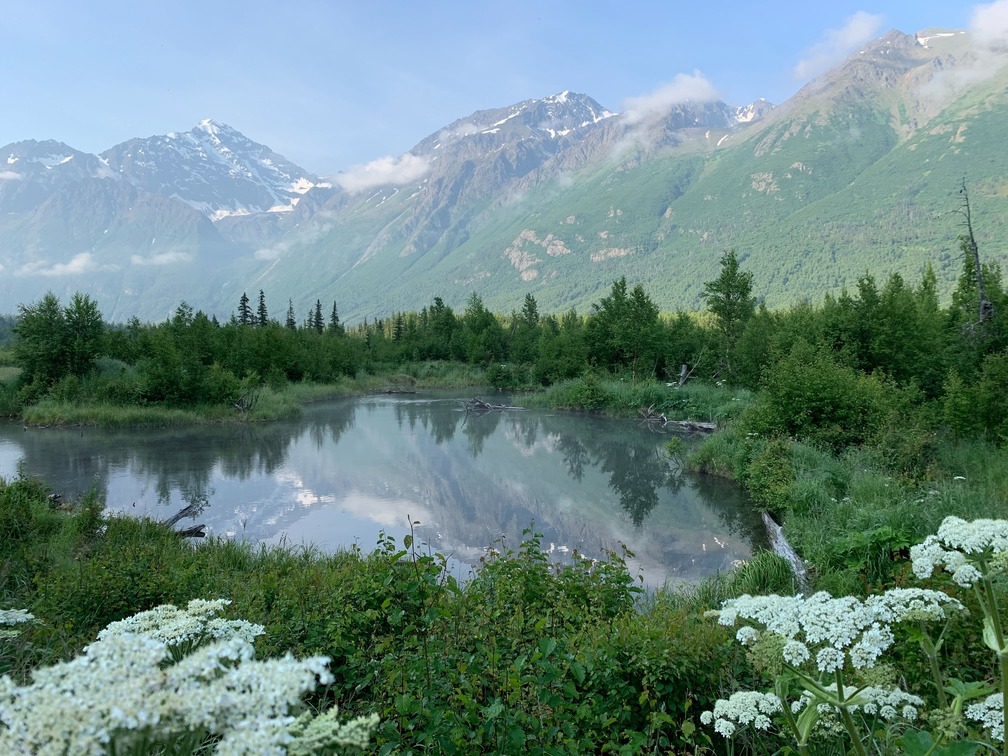- March 5, 2026
Info
The Diverse Tapestry of Arkansas: Nature, Cities, and Southern Hospitality

When you consider Arkansas, you may think of rolling hills, beautiful forests, and the Mississippi River. However, the state also boasts cities full of character and modern amenities. Little Rock, the capital, offers a blend of southern charm and cosmopolitan culture. Beyond the capital, cities like Fayetteville, Fort Smith, and Hot Springs add their own unique flavors to Arkansas' urban landscape.
Atmospheric Conditions: Climate in the Natural State
Arkansas experiences a humid subtropical climate, with hot summers and mild-to-cold winters. The state sees a fair share of rainfall, especially in the southern regions. Cities like Fayetteville in the north may experience colder winters with occasional snowfall, unlike the milder conditions in Little Rock and southern areas.
The Urban-Rural Blend: Suburbs and Satellite Towns
Little Rock is the largest city, and its metropolitan area extends to include smaller cities like Conway, which is a college town home to the University of Central Arkansas. In contrast, Fayetteville forms part of a growing Northwest Arkansas metropolitan area, along with cities like Springdale and Rogers, which are benefiting from corporate growth spurred by companies like Walmart.
Cost and Quality of Living: Dollars and Cents
The cost of living in Arkansas is among the lowest in the United States. In Little Rock, the average rent for a one-bedroom apartment is about $800 per month, while in Fayetteville, it's slightly higher due to the university's presence. The average salary in Little Rock is around $50,000, although this can fluctuate based on job type and location.
On the Move: Transport Nuances in Arkansas
Public transportation options in Arkansas are limited, making a car almost essential for getting around. Little Rock has a bus system and a historic streetcar line for downtown travel, while other cities primarily rely on buses. Smaller towns and rural areas are generally not well-served by public transport.
Demographics: A Mix of Traditions and New Influences
Arkansas has a predominantly White population, but it's becoming increasingly diverse, particularly in urban centers like Little Rock and Fayetteville. The state is also home to a growing number of Hispanic and Asian communities. This diversity enriches the culture, cuisine, and overall social fabric of Arkansas.
The Fiscal Scene: Taxes and Financials
Arkansas has a progressive income tax, ranging from 2% to 6.6% depending on your income bracket. The state sales tax is about 6.5%, with local municipalities adding their own taxes, pushing the total to as high as 11% in some areas. Property taxes are relatively low, which makes homeownership more attainable for many residents.
Wrapping it Up: More than Meets the Eye
Arkansas offers a unique blend of natural beauty and urban sophistication. Whether you're enticed by the culture and amenities of its cities or the tranquil lifestyle in its smaller towns, the state offers a high quality of life at an affordable cost. Little Rock serves as a vibrant hub of activity, while other cities like Fayetteville and Hot Springs bring their own distinct appeal. Low living costs, a welcoming atmosphere, and a diverse range of recreational activities make Arkansas an appealing choice for many.
Comments
No comments to display
Related Articles
Footer menu
© 2023. Benefit IT LTD. VAT: BG 204952799
All Rights Reserved



